Microbial Risks
Ecolab is committed to providing you with the latest public health news and resources. Whether you need detailed information about specific organisms of concern, cleaning product advice, or tips for increasing food safety and preventing infection in your facility, we are your trusted source.
Microorganisms come in varying shapes and sizes, from very small virus particles to larger yeasts and molds. Many can be beneficial, but some can spoil food, taint water systems and contaminate equipment resulting in inefficiencies.
Pathogens present a more serious microbial risk since they are hazardous microorganisms with the potential to cause disease in humans and/or animals, resulting in food safety and public health concerns. Valid preventive controls are needed to manage possible issues with pathogens. Ecolab brings you in-depth technical information about a number of pathogens to acquaint you with these risks, their transmission routes and how they can be controlled.
Pathogen Fact Sheets
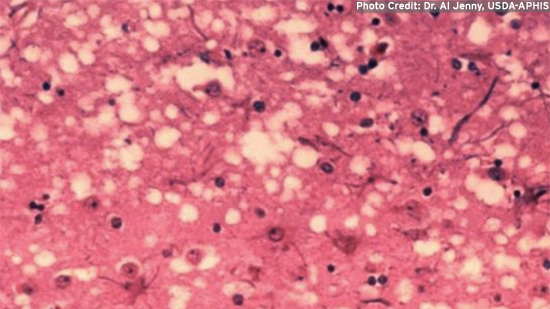
BSE (Mad Cow Disease)
Bovine Spongiform Encephalopathy (BSE) or Mad Cow Disease is a “transmissible, neurodegenerative, fatal brain disease of cattle.” First diagnosed in the United Kingdom in 1986, investigations suggest that bovine brain and spinal cord which was contaminated by the BSE agent (called a prion) may have been used as ingredients in cattle feed.

Clostridium Perfringens
Clostridium perfringens is a sporeforming organism, with spores very widely distributed in nature and in the intestinal tracts of animals and humans. Spores commonly contaminate foods. C. perfringens causes a relatively mild foodborne illness after ingestion.
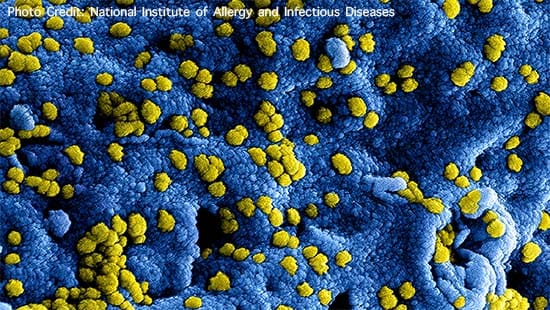
Coronavirus
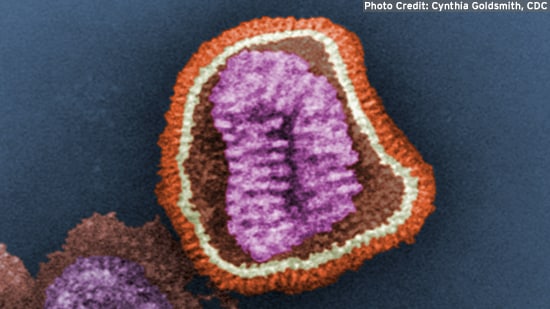
Influenza
Influenza, commonly referred to as “flu” or “seasonal flu,” is a virus that causes a common respiratory infection with fever and often respiratory complications that is easily passed from human to human. Most people have some immunity to the common seasonal influenza and a vaccine is typically available each year.
Measles
Measles is a viral infection. It is a highly contagious respiratory disease and is spread via droplets through the air from coughing and sneezing. Measles is caused by a single-stranded, enveloped RNA virus.
Mpox
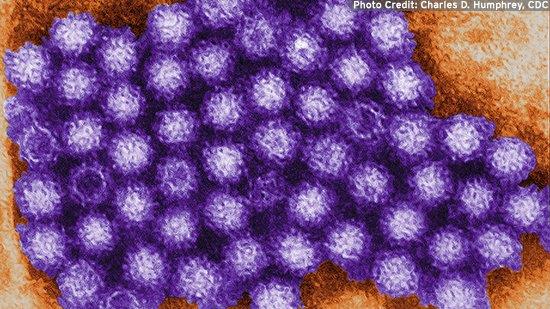
Norovirus
Norovirus is widely known for causing outbreaks of illness among large numbers of people on cruise ships. Since the original virus was identified in 1968, there has been increasing recognition of norovirus as an agent of viral gastroenteritis traced to restaurants and catered meals, nursing homes, schools and camps.
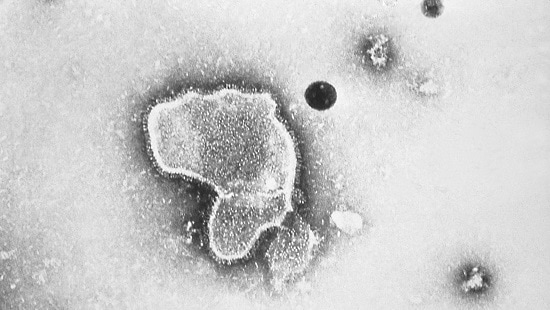
Respiratory syncytial virus (RSV)
Respiratory syncytial virus (RSV) is a common respiratory virus. While most people with RSV experience mild cold-like symptoms and recover in a week or two, infants and older adults can become seriously ill from the virus.
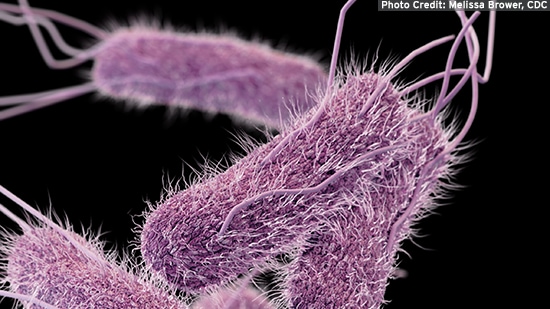
Salmonella
Salmonella are a group of bacteria that can cause diarrheal illness in people. This constitutes a major public health burden and represents a significant cost to society in many countries. One species, Salmonella enterica has more than 2,000 serovars. Salmonella enterica ser.Typhimurium and Salmonella Enteritidis most commonly encountered globally.


